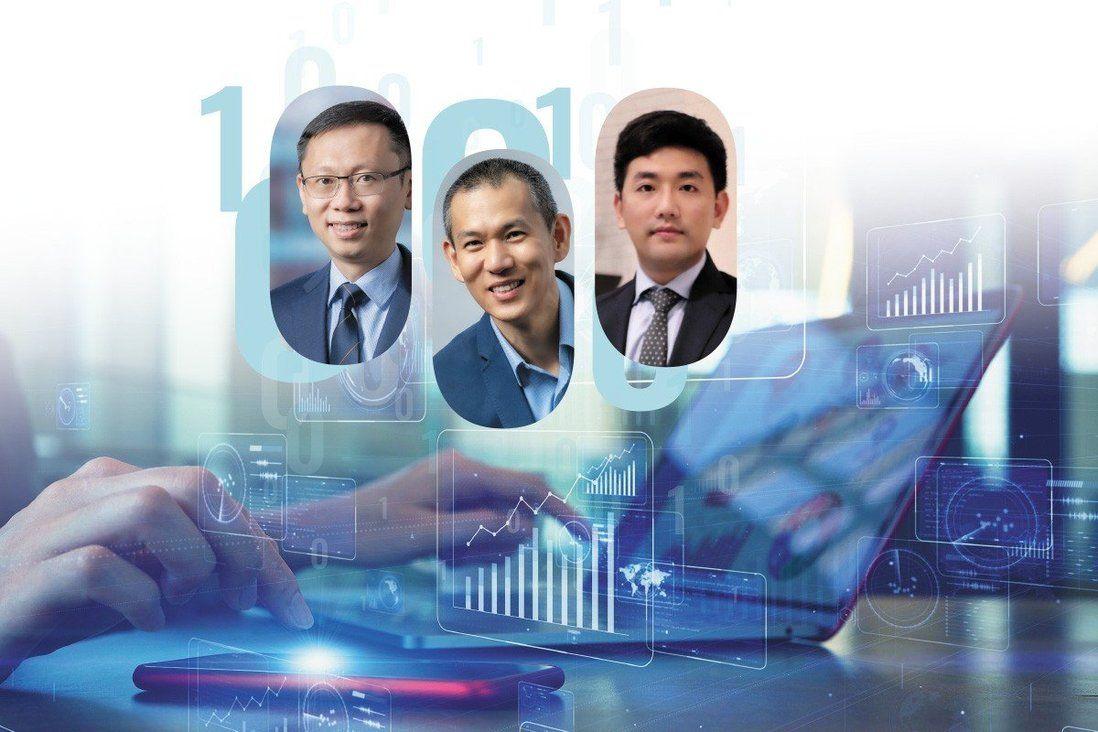
Posted on: Thu Jan 06 2022

In the Media: South China Morning Post
British mathematician Clive Humby famously coined the phrase “Data is the new oil” in 2006. Since then, many organizations have scrambled to embrace this maxim, ensuring they have a robust data strategy to inform decision-making for every function from finance to marketing and logistics to production.
Today, data is being generated, stored, and analyzed at staggering rates worldwide. According to a Forbes study in 2018, over 2.5 quintillion bytes of data are produced in the digital universe every single day. Along with this rapid growth of data, the rise of social media has encouraged researchers and data users to tap unconventional data sources and methods to explain and predict economic or behavioral outcomes in various domains such as finance (e.g., stock price), marketing (e.g., brand reputation, consumer purchasing behavior), and politics (e.g., voting behavior).
Unconventional data, more commonly referred to as big data, is unstructured and undefined. Such data is characterized as high-volume, high-velocity, high-variety, and/or highly semantic, and advanced techniques and applications, as well as high-performance computing, are often required to collect and process it. Big data analytics, including data mining methods and machine learning algorithms, allow users to gain a deep understanding of behavior.
The Internet has become a part of modern life, and it is almost second nature for people to express their views and preferences on social media. The emergence of platforms such as Facebook, Uber, Taobao, and peer-to-peer applications, and new computing and communications technologies such as Internet of Things (IoT) and 5G cellular networks, has generated tremendous amounts of new data that opens up the possibility to study a wide range of human behaviors.
Against this backdrop, the Center for Business and Social Analytics (CBSA) of the HKUST Business School leverages massive amounts of social big data to generate quality insights that aid business and social decision and policy making. To date, a majority of academic and industry research is based on conventional data from opinion polls, surveys, and lab or field experiments, which suffer from sample selection bias or lack generalizability. The Center takes advantage of social big data to tackle complex business and social problems by listening to what the crowd actually says. The following are sample projects undertaken by the Center.
Prof. Yang highlights enterprise AI breakthrough at HKUST Unicorn Day, showcasing LayerZero AI's custom embedding technology.
Prof. Yi Yang, Director of the Center, joins industry leaders in a panel discussion on cutting-edge GenAI risk management strategies during the launch of the second cohort of the Generative AI (GenAI) Sandbox initiative held on 28 Apr 2025.
At the closing Pitch Fest of the first-ever Web3 Ideathon, top tertiary student teams showcased their groundbreaking Web3 concepts to industry experts.